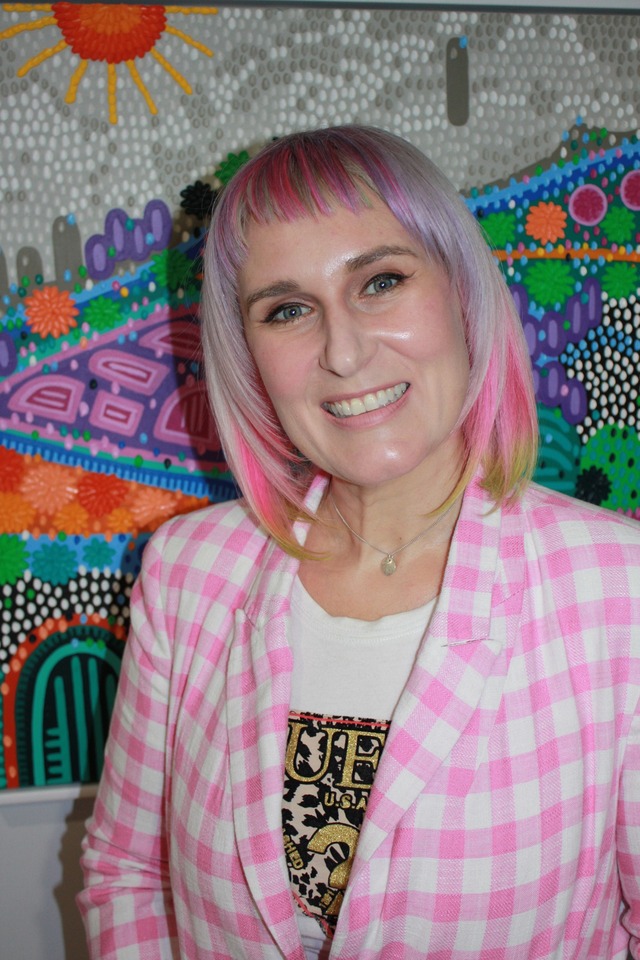About me
I’m a counsellor, Social Worker and an accredited member of the Australian Association of Social Workers (AASW) 482682.
I have worked in the Disability sector for two years and found there were few people talking about sexual health, or sexual education for people living with disability. There also did not seem to be a safe space for people to discuss their questions or concerns around gender, sexuality, or sex.
I have a passion for the trauma therapy EMDR, and have completed level one and two trainings, as well as the child and adolescent training. I’m committed to ongoing training in this area and I’m currently in the fidelity process.
I work in a strengths based and trauma informed way. Recognizing that trauma affects individuals’ neurological, biological, psychological, and social development. Understanding the wide range of reactions to trauma is crucial in providing effective care.
Key Principles of My Practice
Safety and Trust
I work to create a ‘safe enough’ space. This can be somewhere people can begin to build a trusting relationship, and explore what has happened in their lives, as they feel comfortable. This is the base of any healing process, and is always in your own time.
Working Together
I look to work together with people, respecting their pace and autonomy. Walking with someone, not leading, allows them to take an active role in their own journey. This can involve anything from laughter, a cup of tea, or tears and trauma work.
Cultural Sensitivity
I am sensitive to the diverse backgrounds and experiences of people. I always look for my practice to be inclusive and respectful of all identities and cultures. Each experience is unique, and each is welcome.
Psychoeducation (teaching)
I love to teach people about trauma and its effects, deciphering the technical language, helping them understand what it means, and how it is affecting them, and their lives. This can help people to know themselves, and how their body and minds react.

 41 Tompson St, Wagga Wagga NSW 2650
41 Tompson St, Wagga Wagga NSW 2650


